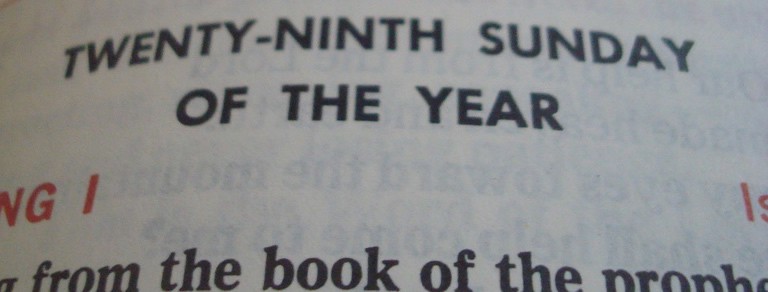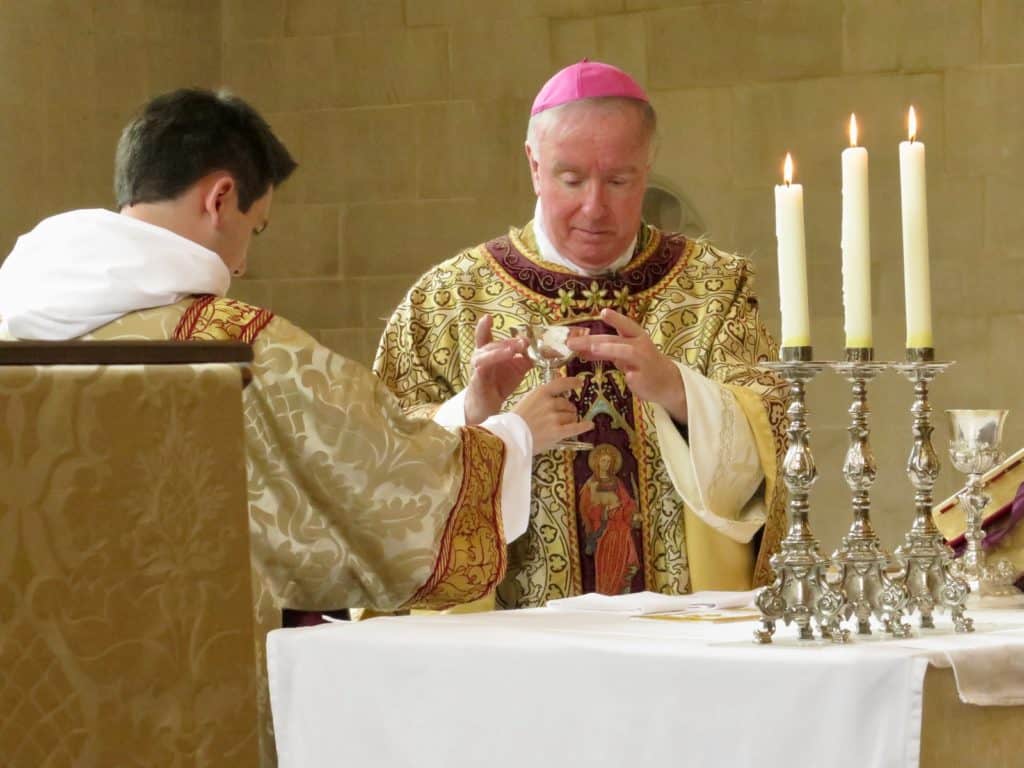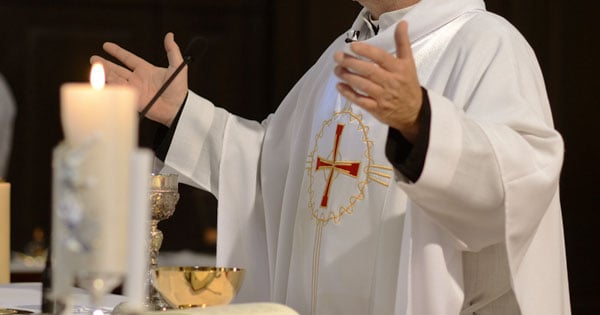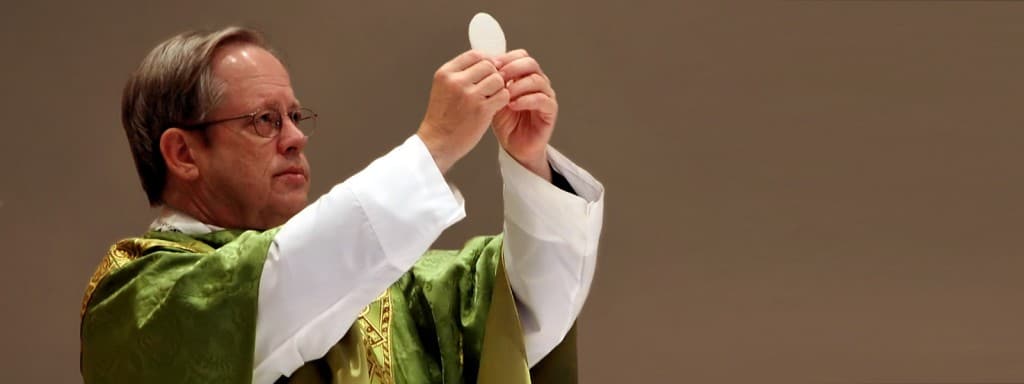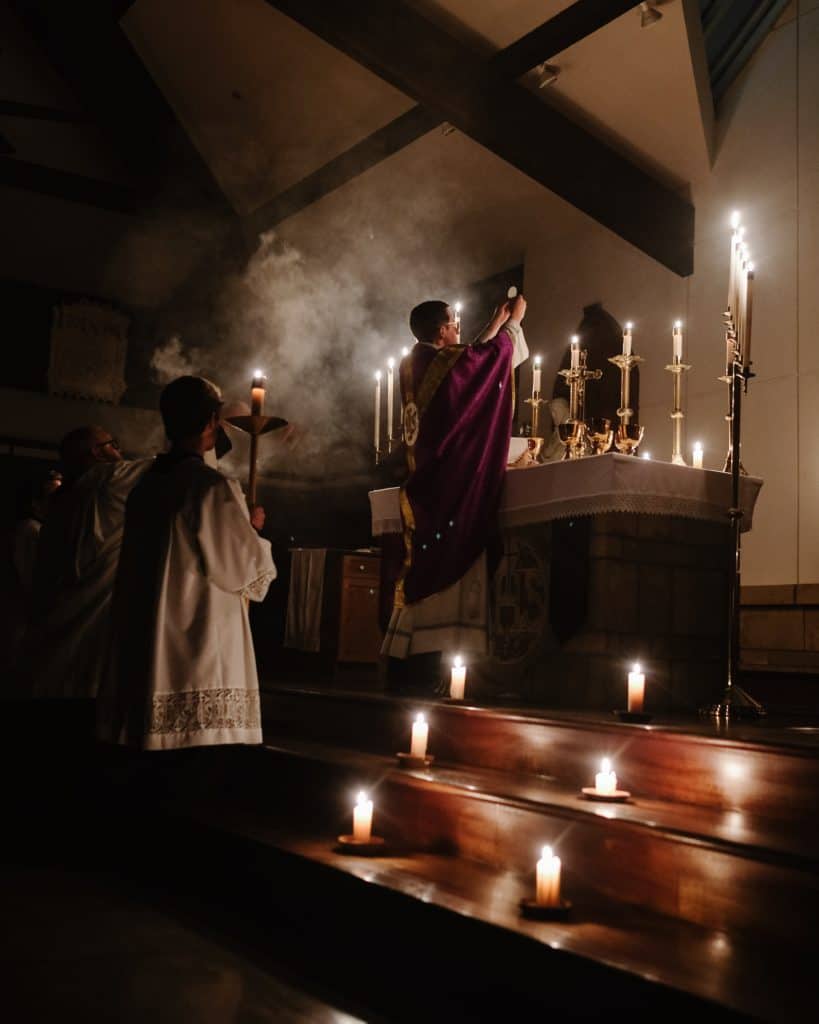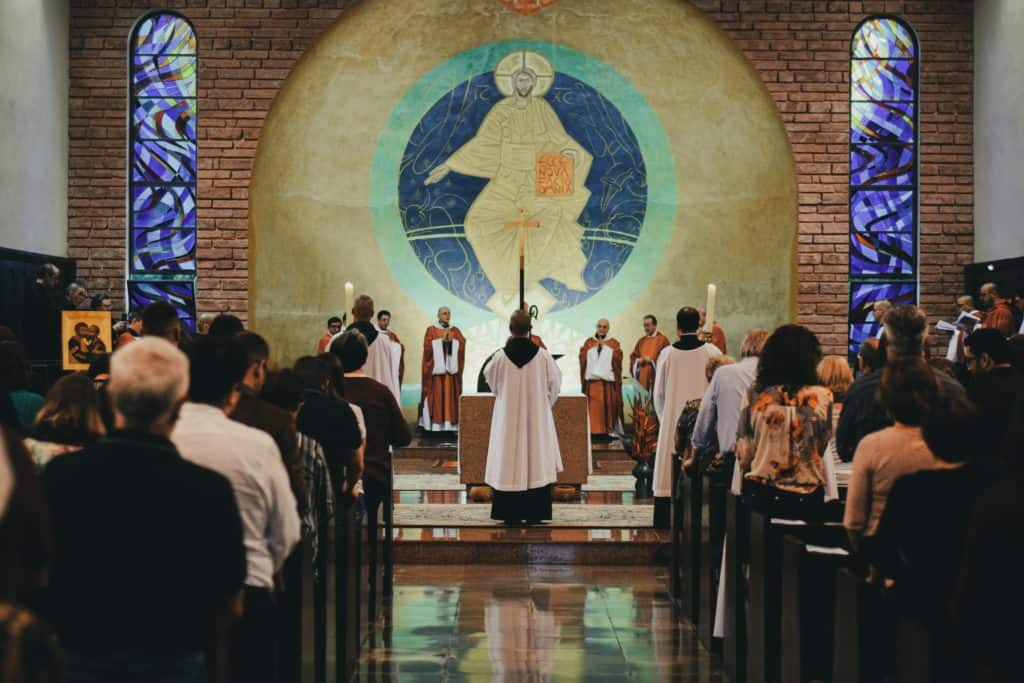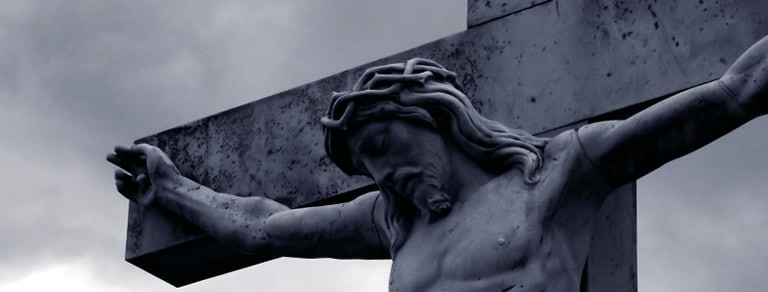Do Catholics Read the Bible?
It is common for many protestants to think that Catholics do not read the bible. They often think that the Catholic Church even discourages reading the bible. In more extreme cases some people think that the Church tries to hide biblical truths from lay Catholics. If you’re Catholic, you probably know that this is kind […]
Do Catholics Read the Bible? Read More »
